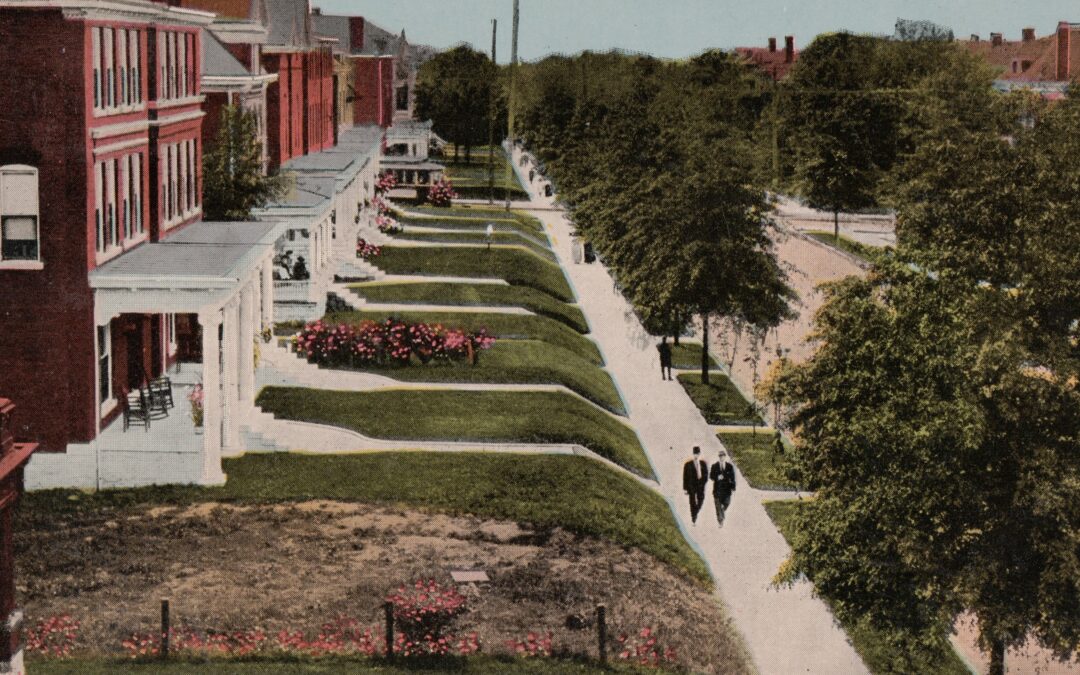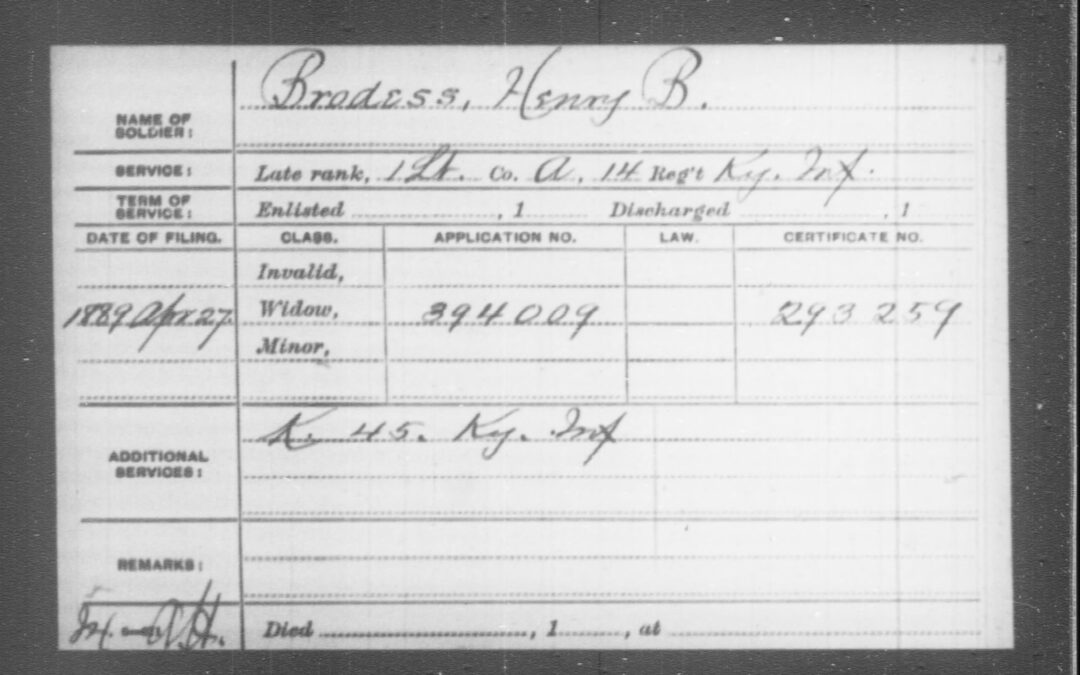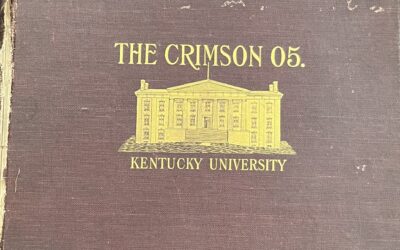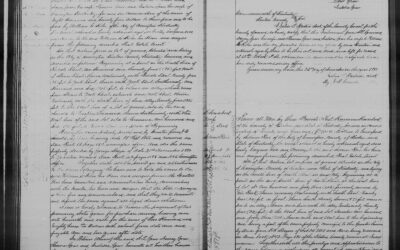My interest in genealogy research started over ten years ago. I began with oral family stories, handwritten notes, and a subscription to Ancestry.com. Now I have a family tree numbering over 1,500 people going back ten generations.
My European American background includes authenticated Mayflower and Revolutionary War ancestors and countless fascinating stories about ordinary people who lived extraordinary lives.
“Everyone’s life is a story. It just needs to be discovered and told.”
In 2018, I completed researching my Mayflower ancestors on my maternal side and could provide the lineage and required documentation for each generation. I did this without needing to leave my home. Here are the tools I used and some tips.
Tip 1: Use an Online Resource to Research Your Family Tree
First, without the online genealogy resources available today, I would not have had the time, patience, and know-how to sleuth out the facts and documentation. For me, a subscription to Ancestry.com was indispensable.
There are other genealogy sites; this just happens to be the one I have used. Here’s why I like this service:
- Creates your family tree as you input people in a way that is easy to use and navigate.
- Makes it easy to search for documentation, stories, and photos to establish your ancestry.
- Creates a profile for each ancestor showing the person’s history, facts, family members, sources, and any media you want to attach. In addition, the program pulls in hints that may pertain to a profile for evaluation.
- Facilitates the ability to connect with others researching your line through messaging.
The biggest caveat, especially for the beginner or new Ancestry.com user, is not to assume the information other users show for your ancestors is accurate. Consider what is shown in their family tree and then search for proof.

Tip 2: Additional Online Subscriptions Often Adds More Resources
Two other Internet sources I subscribe to are Fold3 and Newspapers.com. These sites contain many historical resources from national databases for your family tree.
Fold3 has military records, draft registration cards, and pension records. I found relatives’ physical descriptions, addresses, and occupations. The pension file for one ancestor from the Civil War included a copy of the handwritten note from his commander to his wife with the news of his death.

Tip 3: Networking With Other Family Researchers
Numerous times, I have connected with others who provided missing pieces of my genealogy puzzle. Several times, they provided the piece that was the one missing link to authenticate an entire line. Many surnames have family associations that have collected documentation and written books telling the history of individuals’ lives and times. These associations are an excellent resource. In all cases, the people I contacted were generous and eager to help.
A hint in Ancestry.com connected me with another member with whom I share sixth great-grandparents. His tree and sources provided me with new findings including that our tenth great-grandfather, Stephen Hopkins, and our ninth great-grandmother, Constance Hopkins, both arrived on the Mayflower. Stephen was one of the 41 signers of the Mayflower Compact.
In one instance, I felt like I had won the genealogy search sweepstakes. I connected with Betty Gerlack with whom I share third great-grandparents. As a young adult, before computers and the internet, she quit her full-time job to travel the country researching her genealogy and ultimately writing books on her findings. Betty generously emailed me her books related to my genealogy. One was Our Kentucky Ancestors, Slaughters, Fishers, Drakes and Pralls, which is also in The Lexington Public Library.
Tip 4: Refer to Your Own Family’s Oral Stories and Notes
I am very thankful for the stories passed down on both sides of the family and for some notes, research, and letters. Without these, I would not have had a starting point. Even though I discovered some errors, enough of it was accurate to provide a foundation. It was more difficult for past generations to access documents, so it is common to find lineage mistakes.
Because I had a personal connection with relatives who passed down information, it was difficult initially to admit there were mistakes. There are many reasons oral stories change. Memories are not always accurate; stories get diluted or embellished as they are passed down; relatives may feel reluctant to share dirty laundry.
Some families have family Bibles, and they can be a valuable find providing birth, marriage, and death dates.
Our family has some ancestors’ photographs from the mid to late 1800s. These are real treasures.
Tip 5: Work with State and County Records
When I was establishing my Mayflower and Revolutionary lineage, I could not find all the documentation needed through Ancestry.com. I still had to go directly (via internet and phone) to state and county offices to find and get copies of some documents, such as marriage and death certificates.
The public library for the Kentucky county where your ancestor lived often contains many helpful resources. If you are lucky enough to be researching where a historical society exists, you find many resources for your family tree.
After building your tree, you should consider completing a DNA test to verify your family tree.
Using these tips, you may discover more about your great-great-grandparent than their child or grandchild knew. Past generations did not have our 21st-century tools. Our easy access to documents, communications, and internet technologies are genealogy game-changers.
Editor’s Notes
This site contains additional sources for you to use.





